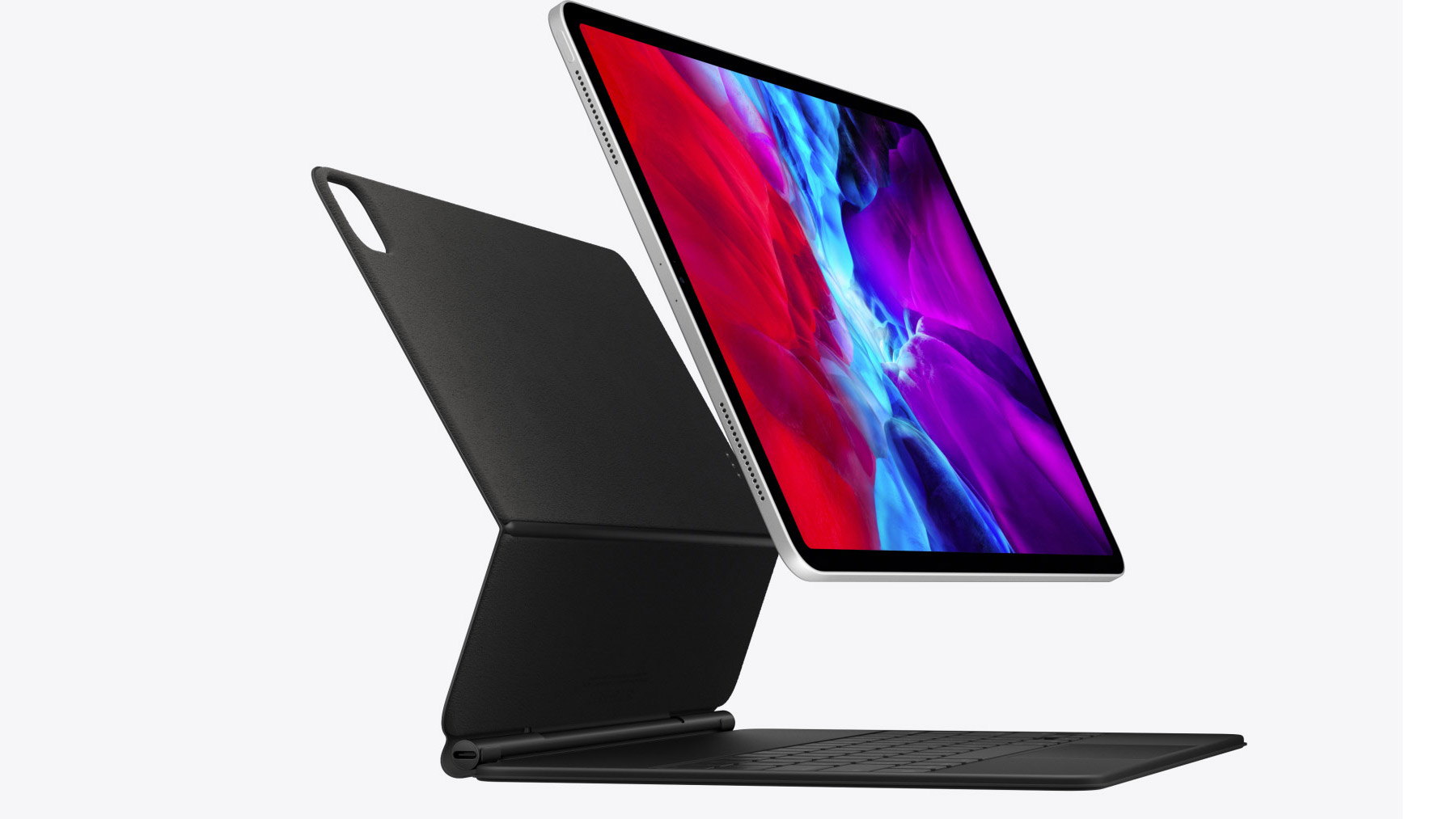Apple's iPad Pro 2020 is said to be just '1% faster' than the 2018 version
Early benchmarks show minimal performance gains from A12Z chipset

The iPad Pro 2020 boasts the souped-up A12Z Bionic chipset, though it turns out it's not much faster than the A12X Bionic chip at the heart of the iPad Pro 11 (2018) and iPad Pro 12.9 (2018), according to early benchmarks.
Specifically, the new iPad Pro is just 1% faster than the year-and-a-half old models that it's replacing, as per a listing on the benchmarking website AnTuTu and first spotted by MySmartPrice.
There's some good news, though, if you dive deeper into the benchmarks. We learn the baseline iPad Pro 2020 with 512GB of storage gets 6GB of RAM (previously, Apple stuck 4GB of RAM in all but the top-of-the-line 1TB version of the 2018 iPad Pro 12.9 model, which got 6GB).
We also see that the GPU speeds of the new iPad Pro are where Apple gives its new tablet some laptop-like oomph. That's likely to be good for 3D gaming apps and, in time, more advanced AR functionality to come.
Where the new iPad Pro 2020 excels
Apple did say its new A12Z Bionic chipset “gives iPad Pro the highest performance ever in an iPad,” and that's thanks to the chip’s eight-core GPU, enhanced thermal architecture and tuned performance controllers.
Sure enough, Apple's A12Z chipset performs impressively in GPU tests: it shows performance improvements of around 10% compared to the A12X 7-core GPU.
These gains in the graphics department saw the new iPad Pro edge ahead of its predecessor in overall performance, albeit marginally. The 2020 model scored 7,12,218 points, while the last-generation model reached 7,05,585 points.
Get daily insight, inspiration and deals in your inbox
Sign up for breaking news, reviews, opinion, top tech deals, and more.
But when it came to CPU, UX and memory tests, Apple’s new chip ranks slower than the A12 Bionic CPU, falling short of the 2018 SoC by more than 20% in the latter, with score of 74,998 points compared to the 95,118 score achieved by the 2018 iPad Pro.
What does this mean for you?
While the reliability of these scores has yet to be confirmed, they do suggest that the iPad Pro 2020 is faster than the 2018 model in terms of GPU performance. But its CPU and RAM performance are mostly unchanged. You might not notice a difference day-to-day, and that's OK, because the iPad Pro line has always been fast enough.
All of this should hardly be surprising given the similar nomenclature of the two 'A12' chipsets. Given the small differences here in performance and the fact that the benefits of the new LiDAR-equipped cameras may not be fully realized for some time, now might be a good opportunity to hunt down a discounted 2018 iPad Pro before it’s ultimately discontinued.
iPad Pro 11 (Late 2018, 64GB) $799 now $649 at B&H Photo
Sure, it's a year-and-a-half old, but Apple's bezel-reduced iPad is $150 off now that it has introduced what appears to be a slightly better iPad Pro 2020. It will also work with Apple's expensive Magic Keyboard, so save up for that instead.
Carly Page is a Freelance journalist, copywriter and editor specialising in Consumer/B2B technology. She has written for a range of titles including Computer Shopper, Expert Reviews, IT Pro, the Metro, PC Pro, TechRadar and Tes.

